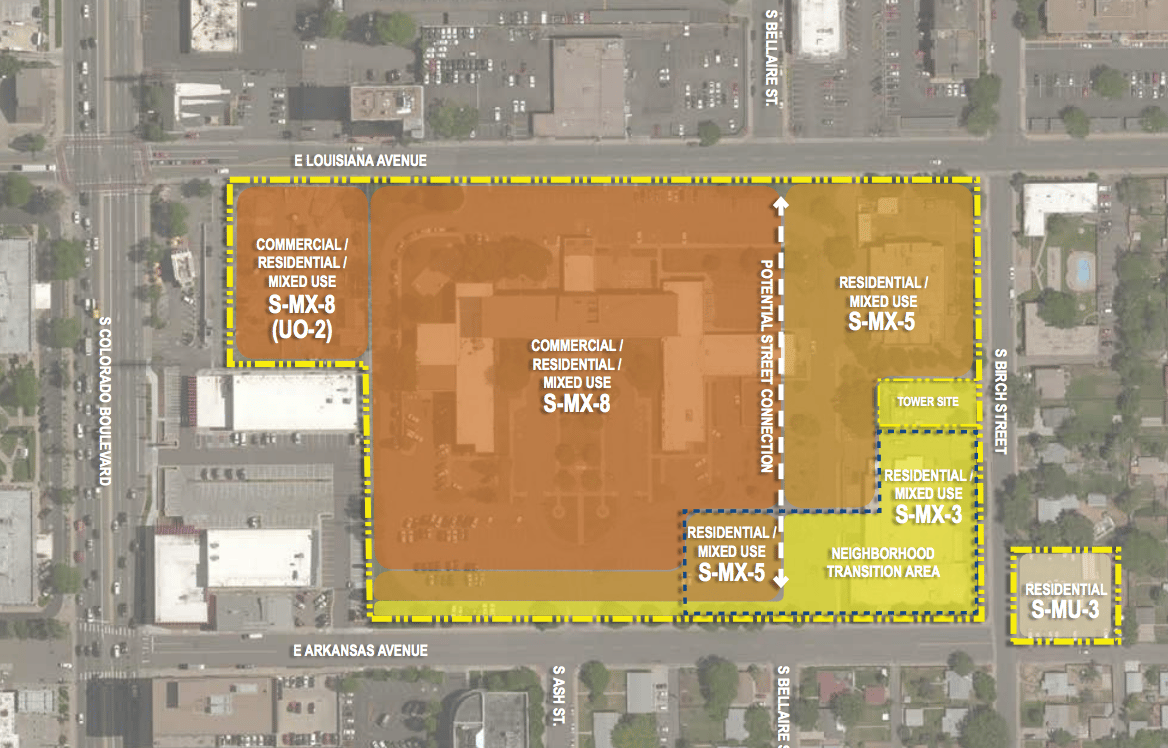Amendment 74 asks if Colorado should expand the circumstances in which governments compensate property owners if government activity results in reduced property value.
Here’s the language you’ll see on your ballot:
Amendment 74 proposes amending the Colorado Constitution to:
- require the state or a local government to compensate a property owner if a law or regulation reduces the fair market value of his or her property.
Under what circumstances might this be invoked?
According to the state legislature's amendment analysis, there are three situations in which a state or local government can damage or devalue a person's property:
- "Eminent domain," when a government forcibly acquires land for the greater public good.
- If government activity damages property, either by accident or on purpose. One example of this is if a municipality builds a road that limits access to a property.
- "Regulatory taking," which results when new laws or regulations impacts property value, like if an industrial structure is suddenly zoned just for residential use.
In Colorado, governments are generally already required to compensate property owners affected by any of these three prongs, but Amendment 74 would strengthen the third. A specific example offered by the legislature says that "if a government limits natural gas development, an owner of the mineral rights could file a claim for the reduced value of his or her property."
Who’s for it and who’s against it?
The amendment was filed by Colorado Farm Bureau executive vice president Chad Vorthmann, who told Colorado Public Radio that the measure is about ensuring good governing practices and protecting property owners' rights. Advocacy for the amendment is also being funded by Protect Colorado, an oil and gas industry-backed political group whose website says 74 "protects all private property owners, including those who grow and raise our food" with a "safety net of fair compensation."
While proponents have focused on property owners' rights, Amendment 74 has been characterized as a "counter-punch" to Amendment 112, the oil and gas setback initiative, since increased setbacks would likely affect properties close to homes that might be barred from resource extraction. At least the Glenwood Springs and Colorado Springs city councils have come out against the measure, citing potential litigation nightmares if it were to pass. It's not just that would-be oil and gas-producing properties could file lawsuits under the amendment that has them worried. Colorado Springs Mayor John Suthers told Colorado Politics that homeowners could probably sue if, for instance, a homeowner was concerned about property value after affordable housing was built nearby. Colorado Preservation, Inc. also sent information in a press email that expresses concern that the measure could have a chilling effect on historic preservation measures.
















